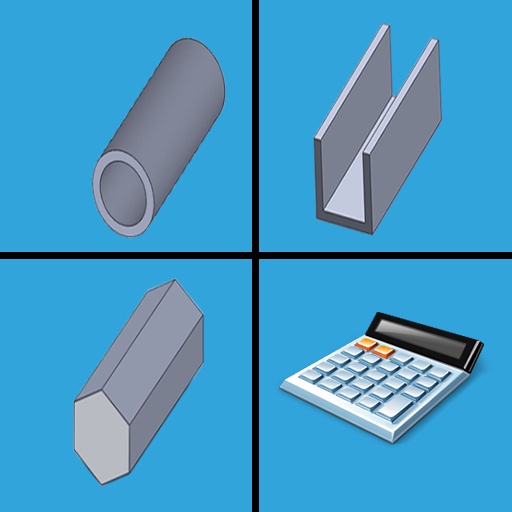Ever wondered how much that sheet of aluminum or aluminum bar stock weighs? Being unsure of the weight can cause problems when estimating shipping costs or determining if you have enough material for your project. But fear not! Calculating aluminum weight is a breeze with a little bit of knowledge and a handy tool.
Understanding Density:
The key to figuring out the weight of aluminum is density. Density is a material property that refers to its mass per unit volume. In simpler terms, it tells you how much a certain amount of space (volume) of that material weighs. Aluminum has a relatively low density compared to other metals, making it lightweight and a popular choice for many applications.
The average density of aluminum is around 2.7 grams per cubic centimeter (g/cm3) or 168.55 pounds per cubic foot (lb/ft3). However, it's important to note that this is an average value. There are different types of aluminum alloys, and each can have a slightly different density depending on its composition.
The Aluminum Weight Calculator:
Fortunately, you don't have to memorize all the different aluminum densities. Several online aluminum weight calculators can simplify the process for you [aluminum weight calculator]. These calculators typically ask you to input the following information:
- Shape of the aluminum: Select from options like sheet, bar, plate, tube, etc.
- Dimensions of the aluminum: Enter the length, width, and thickness (depending on the shape).
- Aluminum alloy (if known): Some calculators allow you to specify the alloy type for a more precise weight calculation.
Once you enter this information, the calculator will use the appropriate density value and perform the volume calculation to determine the weight of your aluminum piece.
Let's do an Example!
Imagine you have a rectangular sheet of aluminum measuring 4 feet long, 2 feet wide, and 0.25 inches thick. You're unsure of the specific alloy, so you'll use the average aluminum density.
- Calculate the volume: First, convert the thickness to feet: 0.25 inches / 12 inches/foot = 0.0208 feet. Then, multiply the length, width, and thickness: 4 ft x 2 ft x 0.0208 ft = 0.1664 cubic feet.
- Use the aluminum weight calculator: Input the volume (0.1664 cubic feet) and choose "sheet" for the shape. Since you're unsure of the alloy, you can leave that field blank.
- Find the weight: The calculator will likely tell you the weight is approximately 28.03 pounds (based on the average aluminum density).
Beyond the Basics:
While online calculators are great for quick estimates, understanding the underlying formula can be beneficial. The formula for weight calculation is:
- Weight = Volume x Density
By understanding this formula, you can calculate the weight of any aluminum shape as long as you know its dimensions and density.
Additional Tips:
- If you know the specific aluminum alloy you're working with, you can find its exact density from a material properties table or manufacturer specifications. This will give you the most accurate weight calculation.
- Online calculators may have limitations on the shapes they can handle. For complex shapes, you might need to break them down into simpler shapes (like rectangles or triangles) and calculate the weight of each section individually before summing them up.
By following these tips and using the power of aluminum weight calculators, you'll be a pro at figuring out the weight of your aluminum materials in no time!


No comments yet